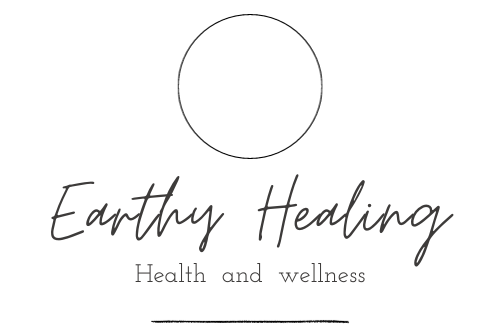Introduction:
Vitamin E, a fat-soluble nutrient, is renowned for its powerful antioxidant properties and its crucial role in maintaining overall health. It protects cells from oxidative stress, supports immune function, and contributes to skin health, among other benefits. This article will explore the various aspects of vitamin E, including its functions, health benefits, dietary sources, and the importance of maintaining adequate levels for optimal health.
What is Vitamin E?
Vitamin E refers to a group of eight fat-soluble compounds, with alpha-tocopherol being the most active and common form in the human body. It acts primarily as an antioxidant, defending the body against damage from free radicals and harmful substances. Vitamin E also plays a vital role in immune function, cellular signaling, and metabolic processes.
Health Benefits of Vitamin E
- Antioxidant Protection: Vitamin E helps protect cell membranes, proteins, and DNA from oxidative damage, which is crucial for preventing chronic diseases such as heart disease and cancer.
- Skin Health: Its antioxidant and anti-inflammatory properties support skin health by protecting against UV radiation, improving skin hydration, and reducing signs of aging.
- Immune Support: Vitamin E enhances the body’s immune response, particularly important in the elderly, to fight off infections and diseases.
- Eye Health: Adequate intake of vitamin E, combined with other antioxidants, has been associated with a lower risk of age-related macular degeneration, a leading cause of blindness in older adults.
Dietary Sources of Vitamin E
Vitamin E is found in a variety of foods, including:
- Plant oils (wheat germ, sunflower, safflower, and olive oil)
- Nuts and seeds (almonds, hazelnuts, and sunflower seeds)
- Green leafy vegetables (spinach and Swiss chard)
- Fortified cereals and other products
Vitamin E Deficiency
Deficiency in vitamin E is rare but can occur in people with certain genetic disorders or malabsorption issues, leading to neurological problems, muscle weakness, and impaired immune function.
Recommended Intake and Supplementation
The recommended dietary allowance (RDA) for vitamin E varies by age and gender, with adults typically requiring about 15 milligrams (mg) of alpha-tocopherol per day. While it’s best to obtain vitamin E from natural food sources, supplements may be necessary for those with specific health conditions or dietary limitations. However, high doses of vitamin E supplements can pose health risks and should be taken with caution and under medical supervision.
Conclusion:
Vitamin E is an essential nutrient that plays a significant role in maintaining cellular health and preventing oxidative stress-related diseases. By consuming a diet rich in vitamin E sources, individuals can harness the antioxidant power of this vital nutrient to support overall health and well-being.

